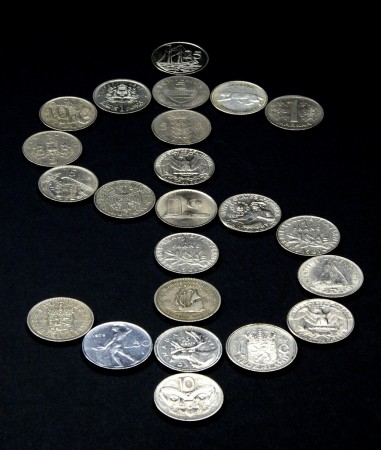
In the August 2009 ISN Special Issue entitled “Redesigning Global Finances- The End of Dollar Dominance?“, I asked whether the window of opportunity to redesign the global financial architecture has already passed with no real progress having been made. This week, the UN Trade and Development report was published, calling for a “new approach to multilateral exchange-rate management to complement stricter financial regulation.” Their critique of the dollar system contains the usual arguments: it is prone to fluctuations, creates current account disequilibria and requires poor countries to create huge reserves better used elsewhere. To mend this, they suggest nothing less than a new Bretton Woods system. Accordingly, it would be based on managed flexible exchange rates at sustainable levels, thus making great fluctuations and currency crisis a thing of the past and level the playing field for international trade. The report is interesting not because it contains revolutionary new ideas, but because a UN agency officially calls for alternatives to the dollar system.
In the real world outside of the Geneva UN offices, such ideas do not seem relevant (anymore). Before the first G20 meeting to tackle the financial crisis in October 2008, talk of turning it into a “next Bretton Woods” was still heard. By the third meeting last week, the G20 ambitions were reduced to an attempt to limit banker’s paychecks. The economic recovery has clearly taken the wind out of the sails of such an ambitious project. As the Telegraph’s Edmund Conway writes, the authors of the report are aware of this:
“Detlef Kotte of UNCTAD said: “The momentum following this, the strongest recession in 80 years and the first of the globlised economy, has led to a rethinking of what were considered eternal principles. However, that momentum is getting lost. The G20 has not embarked on any such reforms.”
A different comment by Conway sounds more worrisome:
“A very senior policymaker told me a few months ago that although many of the world’s leading politicians and central bankers privately recognised that such an overhaul was what was needed, no-one had come forward with any decent suggestions about how to actually go about changing the system.”
Before the last crisis erupted, economists claimed that they now master the basics of macro-economic policy. Yet, no leading economic decision-maker managed to both predict the crisis and take appropriate countermeasures. This time, it seems there is some expert consensus about the flaws of the current currency system and the dangers involved with it. Mending it might require another crisis to generate sufficient political will to do so.

